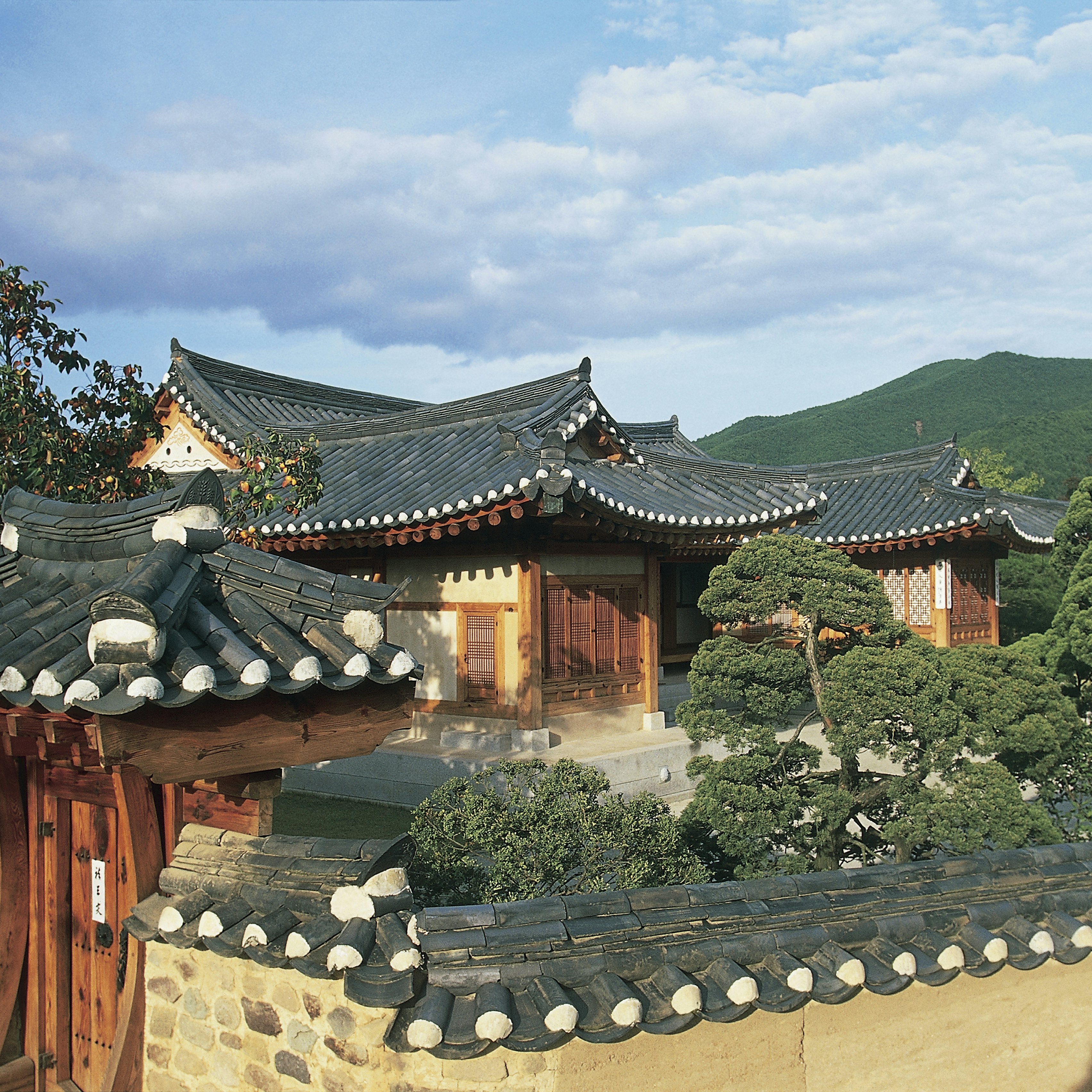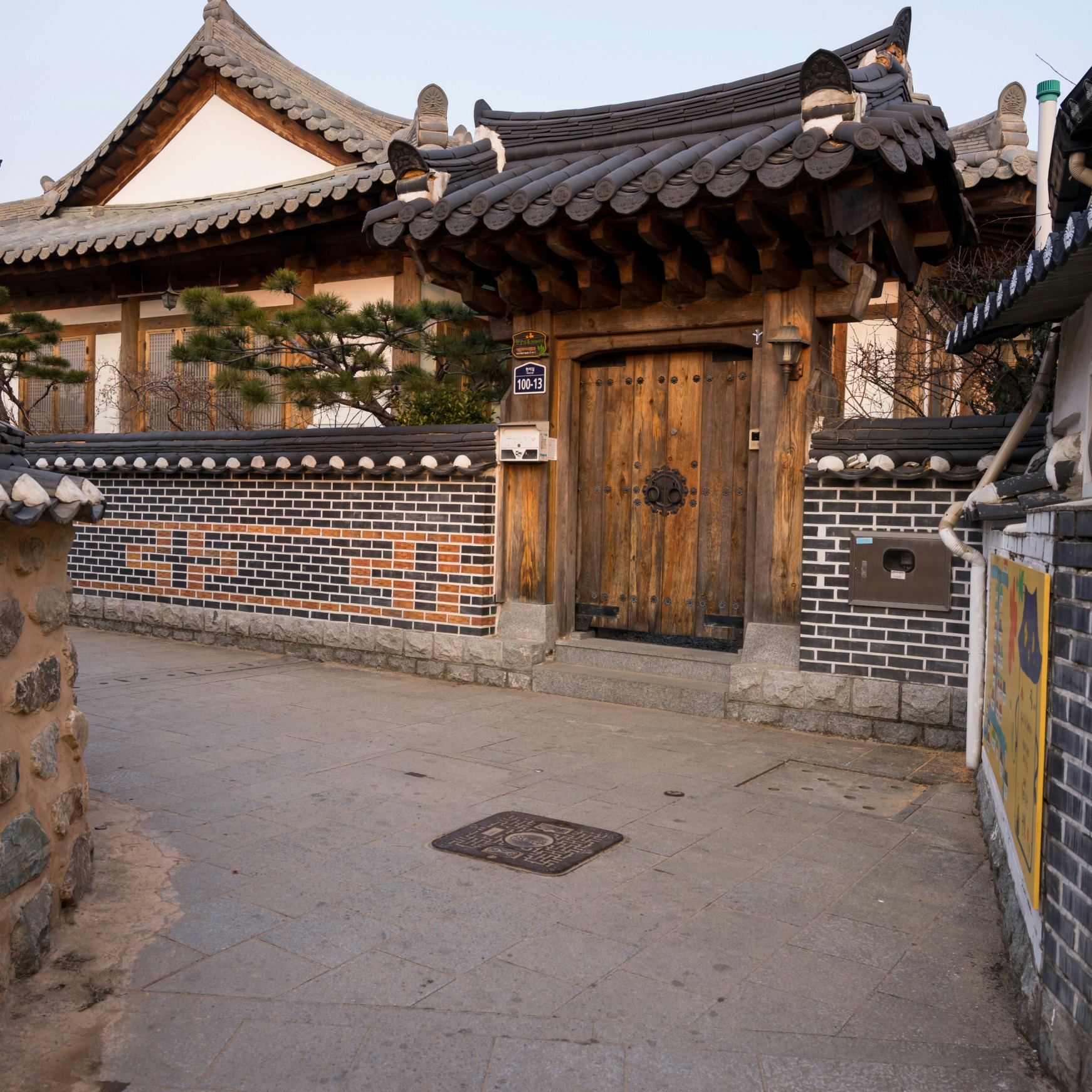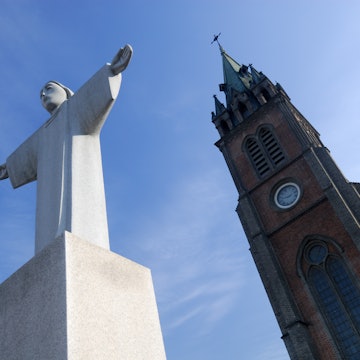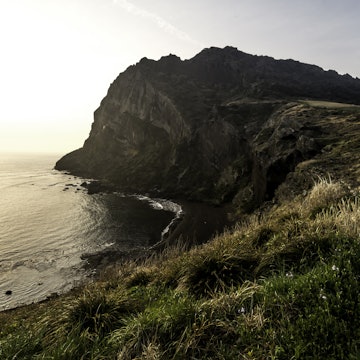
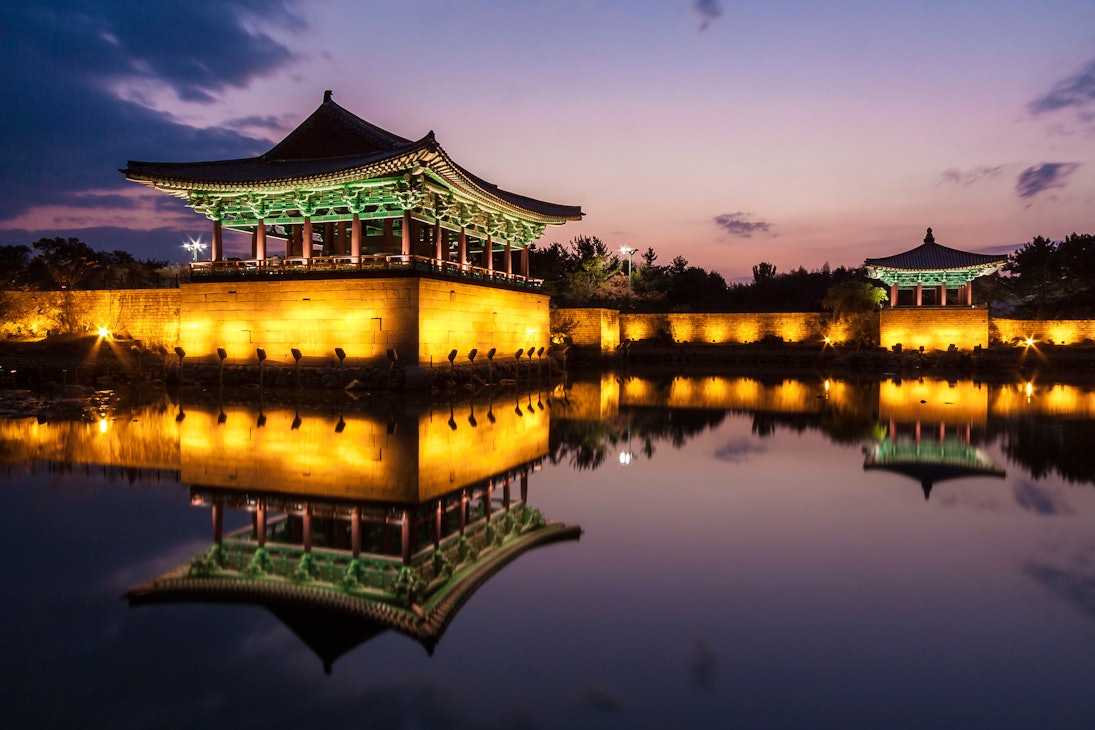
Shutterstock / Sinue Serra Images
Overview
From Seoul's glittering nightlife to Seoraksan National Park's vertiginous hikes, South Korea offers the traveler a dazzling range of experiences, beautiful landscapes and 5000 years of culture and history.
Meet your new travel partner
Stay connected in South Korea
Get unlimited data while you travel with Holafly eSIM. Peace of mind and no hidden fees wherever you go.
Take your South Korea trip with Lonely Planet Journeys
Pick one of our ready-to-book trips or fully customize your own with help from our local experts.
bookable trip
City to Coast in South Korea: Seoul, Busan, and Jeju Island
highlights
- 1Touring Korea’s demilitarized zone (DMZ) at the border of North and South Korea
- 2Learning how to cook South Korean staples, from bulgogi to bibimbap, during a chef-led workshop
- 3Visiting Gyeongju’s ancient temples and royal tombs on a day trip from Busan
from $4,690
per person

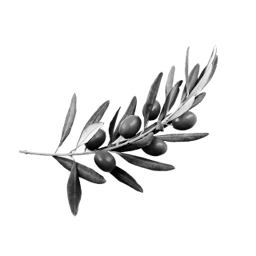
Must-see attractions
Planning Tools
Expert guidance to help you plan your trip
Best Things to Do
South Korea endlessly tempts travelers with eclectic nightlife, regional cuisine, spas and saunas, hiking and much more.
Read full article
Best Places to Visit
Though it's possible to go from mountaintop to megacity – and back again – in a single day, lingering in these top spots in South Korea is ample reward.
Read full article
Best Time to Visit
South Korea's seasons bring exciting events and festivals, as well as action-packed activities. Here's how to decide when you should go there.
Read full article
Things to Know
With cultural cachet to spare and superb infrastructure to ease your path, South Korea is a truly easy, rewarding destination to explore.
Read full article
Transportation
With some of the best public transport in the world, South Korea is a gift to travelers. Here's what you need to know about getting around when you arrive.
Read full article
Visa Requirements
Do you need a visa to enter South Korea? Read our guide to find out.
Read full article
Money and Costs
Plan your budget for a trip to South Korea with this money-saving guide.
Read full article
Best Road Trips
South Korea might not leap out as the obvious place for a road trip, but the back roads reveal a different side to the peninsula. Here are our top trips.
Read full article
Get Connected
South Korea has nationwide 4G coverage and widespread wi-fi. Get connected with these mobile tips.
Read full article
Get a book. Get inspired. Get exploring.
in partnership with getyourguide
















